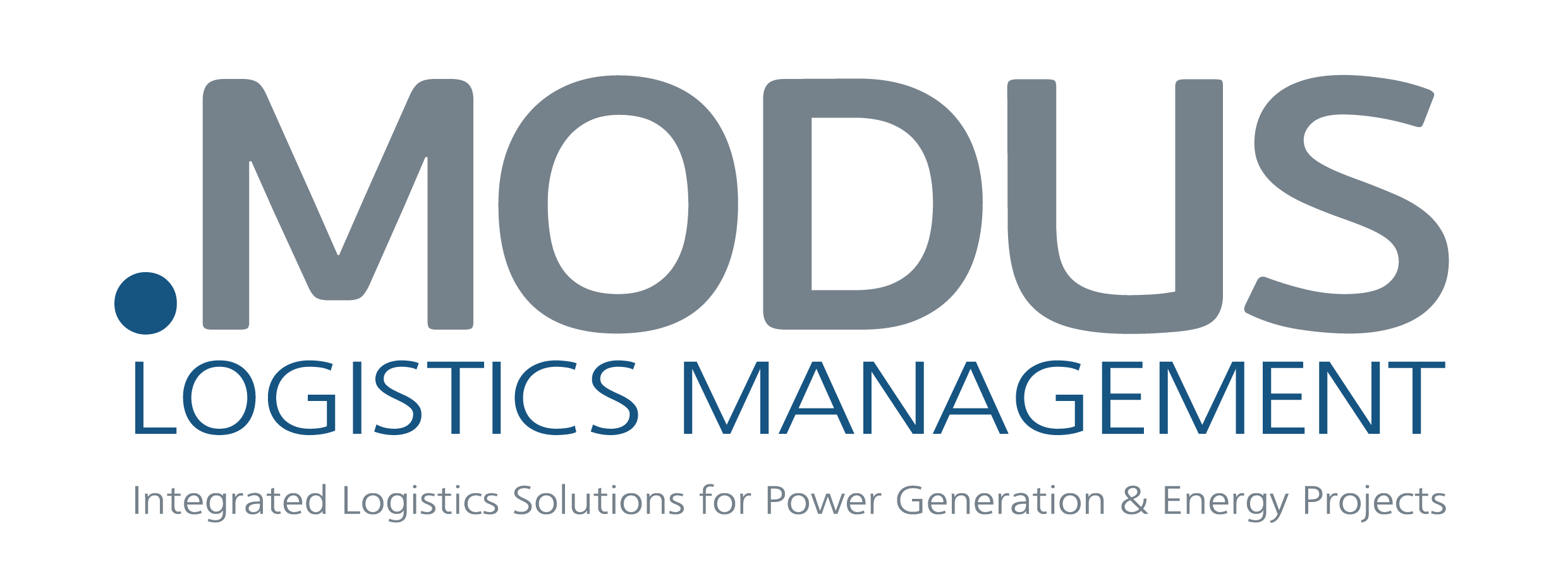Efficient management of EPC (Engineering, Procurement, and Construction) projects requires a thorough understanding of Incoterms, particularly in terms of transfer of title, risk, timely delivery, and cargo insurance. Selecting the appropriate Incoterm can significantly impact the success of the project. In this article we aim to provide an analytical overview of the differences between FOB (Free On Board) and DAP (Delivered at Place) under Incoterms® 2020, by using an example of a shipment of solar panels from China to Greece. We will also emphasize the importance of carefully selecting cargo insurance clauses.
FOB (Free On Board): FOB is a commonly used delivery term under Incoterms® 2020 that determines the point at which the transfer of title and risk occurs. Under FOB terms, the seller fulfills their obligation by delivering the goods on board the vessel nominated by the buyer at the port of export. The buyer assumes responsibility for the goods from that point onward, including arranging transportation, timely delivery to the final destination, and cargo insurance.
Let’s consider a scenario where an EPC company, GreekSunTech Solutions, is importing solar panels from a Chinese manufacturer for a solar PV project in Greece. By choosing FOB (Free On Board) terms, GreekSunTech Solutions and the Chinese manufacturer would agree that the transfer of title and risk occurs when the solar panels are loaded on board the vessel at the port of export in China. GreekSunTech Solutions takes ownership of the goods and bears the responsibility for arranging transportation, ensuring timely delivery to the final destination in Greece, and selecting comprehensive cargo insurance coverage to protect against potential loss or damage during transit.
DAP (Delivered at Place): DAP is another commonly used Incoterm under Incoterms® 2020 that determines the transfer of title, risk, and responsibility for the goods. Under DAP terms, the seller bears the responsibility for delivering the goods to the buyer at the agreed-upon destination, typically the buyer’s location. The seller is also responsible for arranging transportation and cargo insurance coverage.
Continuing with our solar panel shipment example, let’s assume GreekSunTech Solutions and the Chinese manufacturer agree on DAP (Delivered at Place) terms for the shipment. In this scenario, the Chinese manufacturer takes on the responsibility of delivering the solar panels to GreekSunTech Solutions’ designated location in Greece. The Chinese manufacturer manages the logistics and transportation arrangements to ensure timely delivery to the final destination. Moreover, the Chinese manufacturer should carefully select cargo insurance clauses that provide comprehensive coverage for the solar panels during transit, protecting against potential risks and liabilities.
Significance of Cargo Insurance: Cargo insurance plays a critical role in mitigating risks associated with the transportation of goods. Whether FOB or DAP, selecting the right insurance clauses is essential to adequately cover the cargo.
Under FOB, the buyer assumes responsibility for cargo insurance, as they take ownership and risk once the goods are loaded on board the vessel at the port of export. GreekSunTech Solutions must carefully select cargo insurance clauses that provide comprehensive coverage for loss, damage, theft, or other perils during transit from China to Greece. They should also consider transit time extensions to account for any potential delays that may occur.
Conversely, under DAP, the seller bears responsibility for arranging cargo insurance coverage until the goods are delivered to the buyer’s location in Greece. The Chinese manufacturer must ensure that the solar panels are adequately insured during their journey to GreekSunTech Solutions. The selected insurance clauses should cover any risks and liabilities that may arise until the final delivery.
When dealing with EPC projects involving international trade, understanding the differences between FOB and DAP under Incoterms® 2020 is crucial. By carefully selecting the appropriate Incoterm and cargo insurance clauses, the involved parties can effectively manage the transportation of materials and equipment, mitigate potential risks, and ensure the successful execution of their projects.
ModusLM provides end-to-end logistics management and consultancy services, aiming to optimize operational flow and add value to our clients’ businesses.
Get in touch with us today to discuss your project requirements and let us help you achieve your goals efficiently and seamlessly.














